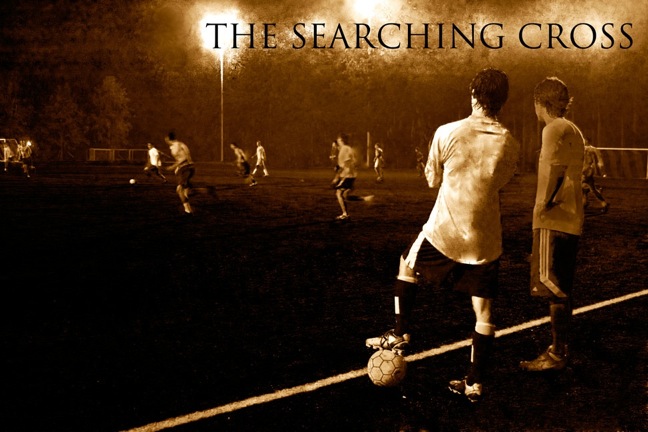In the next 48 hours, four teams will take the field with this in mind. Two will play next Sunday. Doesn't get much simpler than that.
My predictions:
Netherlands beats Uruguay, 3-1
Much of the focus surrounds the suspension of Luis Suarez, as the man who saved their World Cup journey is forced to possibly watch it end. However, Diego Forlan is skilled
 enough to unlock a Netherlands defense that hasn't exactly answered every threat it's faced.
enough to unlock a Netherlands defense that hasn't exactly answered every threat it's faced.The more problematic absences are in defense, as Jorge Fucile and Diego Lugano are unavailable to deal with Sneijder et al. This is the inescapable difference between the two sides, as the Dutch have too many skilled dribblers for Uruguay to stop with a patched-up back line. After 90 minutes, La Celeste will know that their holes in defense were larger than the Suarez-shaped one up front, as the Dutch dominate play.
Germany beats Spain, 2-0
Incredibly difficult game to predict, because everything hinges on who scores the first goal. If Spain score first, they're able to spread the whole field and play keep-away until the clock strikes 90:00. However, when Germany has scored first, they've frustrated every opposing offense by committing their disciplined men behind the ball, counter-attacking to quickly put games out of reach. Each team has thrived all tournament when scoring first, yet both experienced group-stage hiccups when someone else beat them to it. Thus, my
 prediction is that whoever draws first blood will dominate the rest of the match.
prediction is that whoever draws first blood will dominate the rest of the match.With that said, who is more likely to strike first? To be honest, Spain have looked subpar to me all tournament: Torres has struggled to hit the net, the midfield's passing game has lacked precision, and the defense has given away quite a few more balls than usual. Even Iker Casillas has looked less than luminous. Thus far Spain hasn't been made to pay, thanks to still-superior talent, a slate of very defensive teams (Chile aside), and David Villa's best Superman impression. However, Germany has looked world-class in the knockout rounds, showing virtually no glaring weaknesses and looking clinical as ever. True, form is temporary while class is permanent, so Spain could revert to their Euro-winning ways. However, without seeing any evidence of this in the last 5 games, I have to think that Schweinsteiger and co will find the weak point and hammer away.
FINAL: Germany beats Netherlands, 2-1
If this match-up happens, expect the entirety of Holland to collectively wet themselves in a combination of excitement and fear. You can read further in David Winner's excellent Brilliant Orange, but basically the Dutch have a continual inability to beat the Germans when it matters, a cultural anxiety which the 1974 World Cup final did nothing to change.
This may not change anything at a tactical level, but from a personnel standpoint, no way this German side ends its ruthless streak against a Dutch defense that let Robinho walk right in on net. Goals could come from anywhere with such a matchup of two stellar squads, but the German defense has looked far likelier to keep out more of them. Given the combination of both ancient and recent history, I'm not betting against the German side.

It's a shame, too. I've always disliked that only 7 nations have ever won a World Cup, and both Holland and Spain are distinguished enough as soccer powers to deserve becoming the 8th. Even Uruguay would be enough of a throwback to please me, but my gut tells me to listen to Gary Lineker's infamous definition of soccer: "22 men chase a ball for 90 minutes, and in the end, the Germans win." I'll be rooting hard against it, but something tells me that won't matter much.







